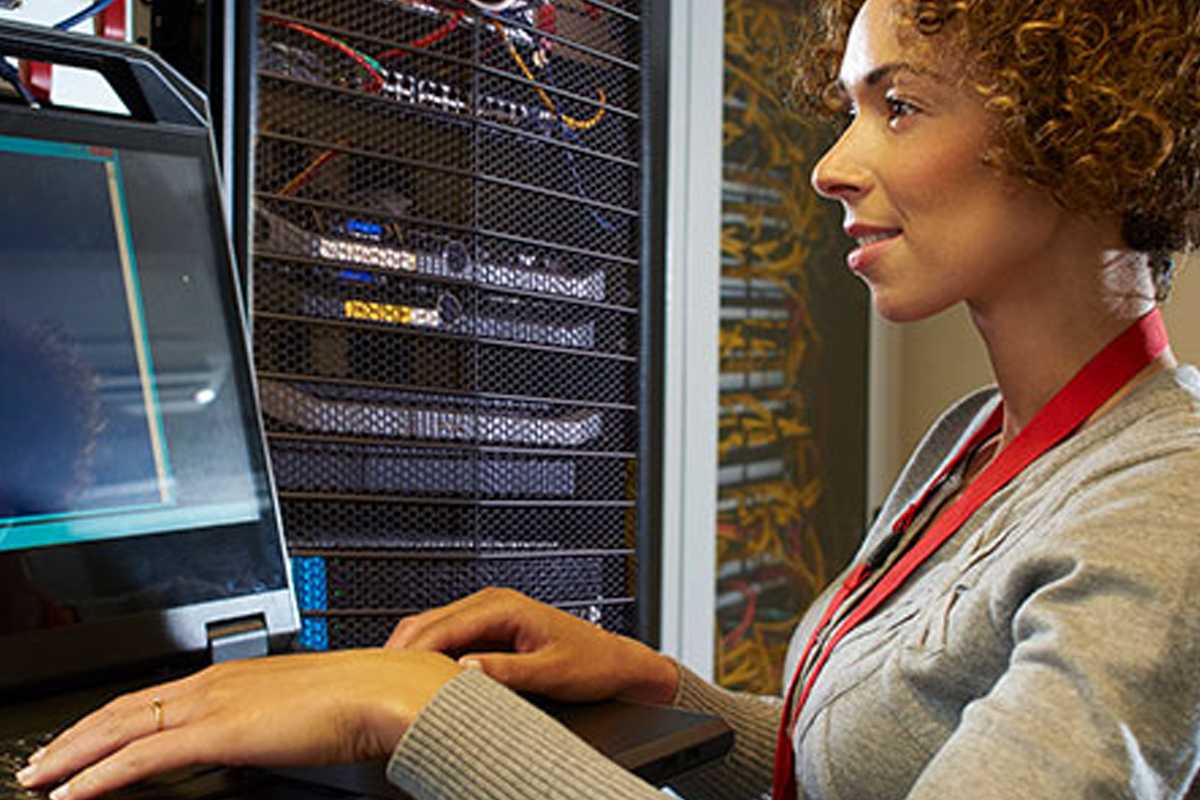Largely due to budget limitations, most small- and medium-sized businesses (SMBs) consider renting computers from reputable vendors instead of purchasing them.
Operating a company with obsolete devices and simply using temporary patches can cost an enterprise money and time, especially with more of the workforce adapting a remote working lifestyle. Making sure that these professionals are well-equipped is crucial to the success of your business operations. Unless you plan to invest in a new desktop or laptop every two years, it might be a good idea to rent your computer hardware.
Why is this important?
Employees (especially the ones who will work remotely) and IT support have to keep up with the latest technology trends. Network and software applications go through several changes and upgrades, so chances are, the computers you bought a year ago are already outdated. Some of these devices are difficult and expensive to upgrade, and if your company will sell these computers after a few years, their value will have depreciated.
Renting your computer hardware will keep your office equipment updated, and most rental arrangements provide options for trading in old machines for newer models after the period detailed in the contract.
The following advantages and disadvantages of leasing or buying computers for your workplace can help you make the right business decision.
Pros of leasing machines
- If your organization must often upgrade its computers to stay competitive in its industry, renting hardware will keep your business away from older equipment.
- Your company does not have to sell depreciated hardware.
- You save money on tax-deductible leased computers and maintenance costs, since your vendor will handle the replacements or repairs.
Cons of leasing machines
- Your company may end up paying more over time.
- Your enterprise doesn’t own the hardware, so you can’t sell it.
- The vendor that you’re renting the equipment from might offer a leasing term that your enterprise won’t need.
Pros of buying machines
- If you decide to purchase your own equipment for the office, you have the right to make any adjustments to them. Your organization will decide how and when to perform hardware maintenance.
- When your company buys computers, there are substantial tax incentives that are limited by IRS Section 179. Talk to a tax adviser about this, as the legislation varies per state.
- If you don’t like dealing with many contracts and their contractors, it’s better to just buy and maintain the equipment outright.
Cons of buying machines
- All those purchases and upgrades involve payment via cash or credit cards. It may be easier for an SMB to get a monthly subscription from a computer rental vendor, especially if it is operating on a limited budget.
- If you want your business to have the best equipment all the time, you must be ready to pay a lot of money. Your organization may end up purchasing lower-quality devices that come with headaches and high maintenance costs.
- Technology tends to advance rapidly. The computers your company bought a year ago are considered obsolete by now, and it is your responsibility to dispose, repair, or store the hardware away.
To rent or to buy? That is the question.
The choice between leasing or buying computer equipment normally includes factors like resale value, possible tax deductions, and cash flow. If you need advice on what to do in this case, have the experts at Complete Technology take a look at your business’s technology needs. We help companies in Kansas City focus on their business, not IT distractions. Get in touch with us today to get a free consultation.







